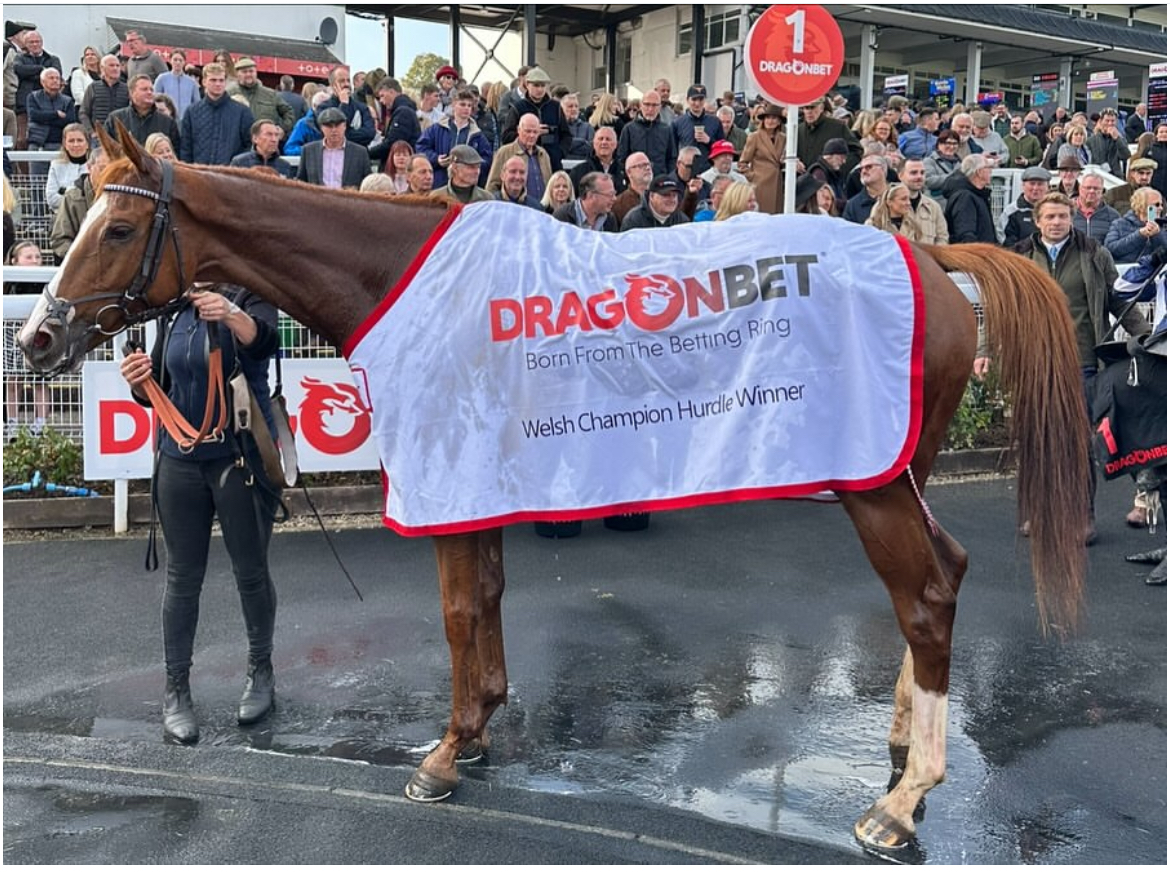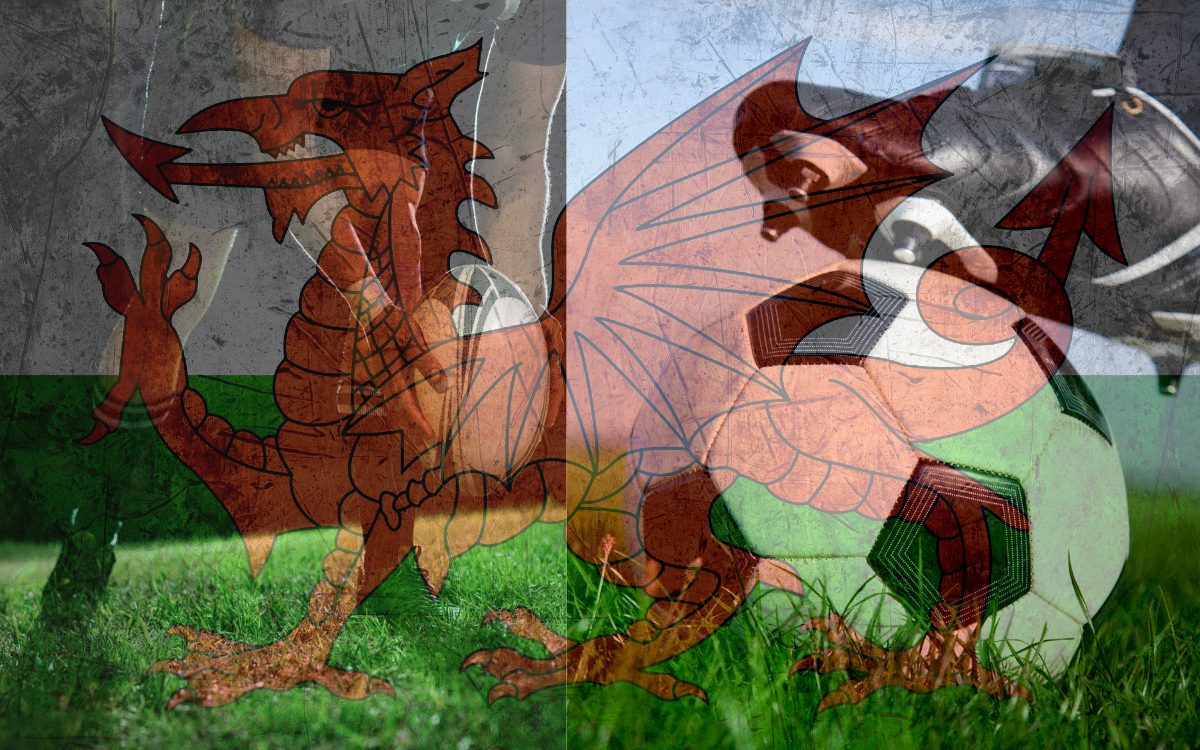
By Graham Thomas
If patience is a virtue, then Warren Gatland must think Wales supporters are the most virtuous people in the world.
How else do we explain Gatland’s continual reference to building a team ready for the next World Cup?
That tournament is in October 2027 – almost three-and-a-half years away. Between now and then come this Saturday’s Test against world champions South Africa, two Tests on tour in Australia, three annual autumn series and the Six Nations tournaments of 2025, 2026 and 2027.
It could be argued the autumn Tests are just friendly games without consequence, except for the fact that the new World Rugby Nations Championship is arriving in 2026 with £800m up for grabs over the following eight years.
So, that means there are at least four significant tournaments to be played before Wales head to the 2027 World Cup in Australia.
His flicking through a wad of calendar sheets for a time so far in advance seems to suggest Gatland now considers the Six Nations some kind of development tournament.
If so, it’s a message those in the Welsh Rugby Union marketing and ticketing departments don’t seem to have taken on board. They still seem pretty keen to shift seats at £115 a pop. Real, intense, heart-stopping action at real, intense, heart-stopping prices, appears to be their spiel.
No reduction in significance, so certainly no reduction in prices.
Gatland wouldn’t be the first rugby coach or football manager to stress the fact his team is in the rebuilding phase in a bid to deflate expectations.
And you only have to look at the odds for this Saturday’s match against the Springboks at Twickenham to recognise that the bookmakers share that sense of pessimism about Wales’ chances of an upset.
You can get Wales at almost even money – 10/11 – with a big 18.5 points start.
Those calculations reflect not only the current strength of South African rugby, but more clearly indicate the kind of downward spiral Wales have gone into, with six straight defeats since the team reached last year’s World Cup quarter-finals.
Most coaches in professional sport know they need both a long term plan and a short term one. You need some results to go with the vision stuff, otherwise no-one else can share the vision.
Gatland’s preoccupation with the long term appears to be an attempt to buy himself time, another stark contrast to his first spell in charge.
Back in 2008 – when Gatland was 44-years-old, rather than 60 – he was prepared to be brash and bold in his predictions. Short-term success was possible, he insisted, despite the mess he had inherited at the back end of 2007.
That bravado spread to his team, who promptly won against England at Twickenham for the first time for 20 years and went on to win the Grand Slam.
Most coaches tend to become more circumspect as they get older. Offer caution, promise little, and kick the can of ambition as far down the road as your old bones can manage to move it.
To be fair, it is a strategy that often works – especially when fans are grimly aware of fundamental weaknesses in either a team, a playing structure, a governing body, finances – or all four as is the case with Welsh rugby.
But Gatland’s plea for patience, his promising of jam tomorrow, will only last for as long as fans feel the upturn is just around the corner.
Winning offers protection. Otherwise, the sponsors, the marketing and financial folk, the lenders and investors, start to circle in reaction to the fans’ unhappiness and the coach becomes a limping prey.
Gatland has already offered his resignation immediately after last season’s Six Nations, which was either an impulse reaction or a thought-out strategy to the possibility of a whitewash and wooden spoon.
Either way, he imagined the offer would strengthen his position, rather than weaken it, and to the extent that the offer was rejected on the spot, he was right.
But no coach under pressure ever survived for long by declaring things would get better in three-and-a-half years’ time.
No Premier League manager ever pacified restless fans by saying things would get better in three seasons.
Eight games without a win is normally considered the full extent of the rope. After that, it’s tied into a noose.
You can promise all the jam you like for tomorrow. But if the bread runs out, you’re in trouble.
ç
By Graham Thomas
If patience is a virtue, then Warren Gatland must think Wales supporters are the most virtuous people in the world.
How else do we explain Gatland’s continual reference to building a team ready for the next World Cup?
That tournament is in October 2027 – almost three-and-a-half years away. Between now and then come this Saturday’s Test against world champions South Africa, two Tests on tour in Australia, three annual autumn series and the Six Nations tournaments of 2025, 2026 and 2027.
It could be argued the autumn Tests are just friendly games without consequence, except for the fact that the new World Rugby Nations Championship is arriving in 2026 with £800m up for grabs over the following eight years.
So, that means there are at least four significant tournaments to be played before Wales head to the 2027 World Cup in Australia.
His flicking through a wad of calendar sheets for a time so far in advance seems to suggest Gatland now considers the Six Nations some kind of development tournament.
If so, it’s a message those in the Welsh Rugby Union marketing and ticketing departments don’t seem to have taken on board. They still seem pretty keen to shift seats at £115 a pop. Real, intense, heart-stopping action at real, intense, heart-stopping prices, appears to be their spiel.
No reduction in significance, so certainly no reduction in prices.
Gatland wouldn’t be the first rugby coach or football manager to stress the fact his team is in the rebuilding phase in a bid to deflate expectations.
And you only have to look at the odds for this Saturday’s match against the Springboks at Twickenham to recognise that the bookmakers share that sense of pessimism about Wales’ chances of an upset.
You can get Wales at almost even money – 10/11 – with a big 18.5 points start.
Those calculations reflect not only the current strength of South African rugby, but more clearly indicate the kind of downward spiral Wales have gone into, with six straight defeats since the team reached last year’s World Cup quarter-finals.
Most coaches in professional sport know they need both a long term plan and a short term one. You need some results to go with the vision stuff, otherwise no-one else can share the vision.
Gatland’s preoccupation with the long term appears to be an attempt to buy himself time, another stark contrast to his first spell in charge.
Back in 2008 – when Gatland was 44-years-old, rather than 60 – he was prepared to be brash and bold in his predictions. Short-term success was possible, he insisted, despite the mess he had inherited at the back end of 2007.
That bravado spread to his team, who promptly won against England at Twickenham for the first time for 20 years and went on to win the Grand Slam.
Most coaches tend to become more circumspect as they get older. Offer caution, promise little, and kick the can of ambition as far down the road as your old bones can manage to move it.
To be fair, it is a strategy that often works – especially when fans are grimly aware of fundamental weaknesses in either a team, a playing structure, a governing body, finances – or all four as is the case with Welsh rugby.
But Gatland’s plea for patience, his promising of jam tomorrow, will only last for as long as fans feel the upturn is just around the corner.
Winning offers protection. Otherwise, the sponsors, the marketing and financial folk, the lenders and investors, start to circle in reaction to the fans’ unhappiness and the coach becomes a limping prey.
Gatland has already offered his resignation immediately after last season’s Six Nations, which was either an impulse reaction or a thought-out strategy to the possibility of a whitewash and wooden spoon.
Either way, he imagined the offer would strengthen his position, rather than weaken it, and to the extent that the offer was rejected on the spot, he was right.
But no coach under pressure ever survived for long by declaring things would get better in three-and-a-half years’ time.
No Premier League manager ever pacified restless fans by saying things would get better in three seasons.
Eight games without a win is normally considered the full extent of the rope. After that, it’s tied into a noose.
You can promise all the jam you like for tomorrow. But if the bread runs out, you’re in trouble.


















